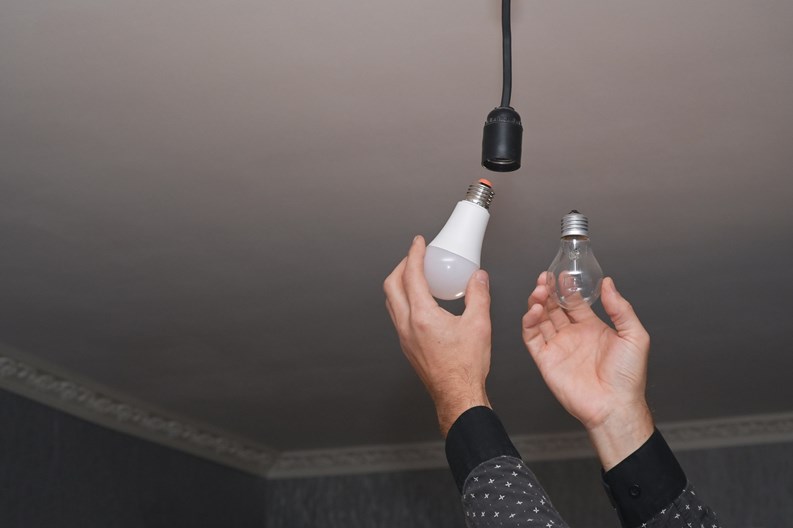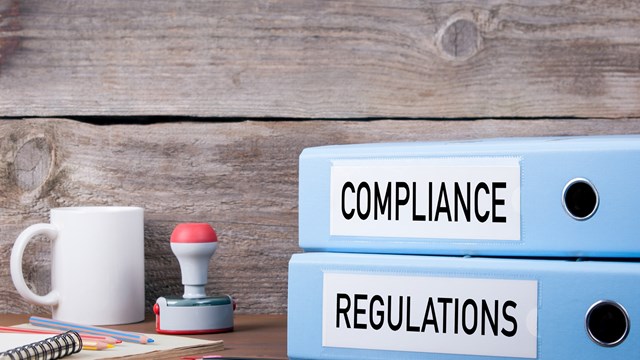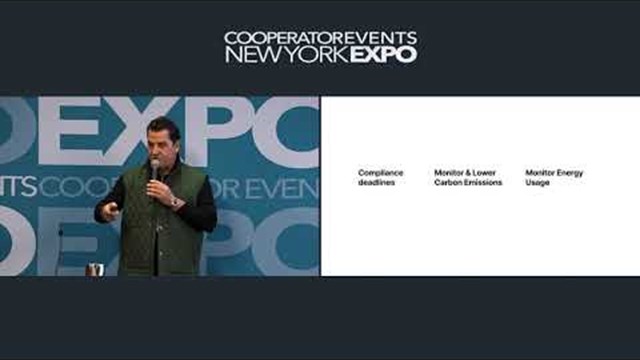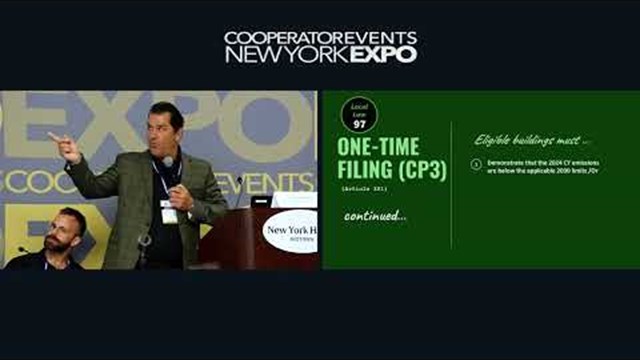Several new environmental rules are in the pipeline for multifamily co-op and condo communities in New York City. One, Local Law 157 relates to natural gas detectors, and the other, Local Law 88, as amended by Local Laws 132 and 134, requires most co-ops and condos to upgrade to their lighting systems and to install submetering for commercial tenants. Final rules for Local law 157 were published February 14, 2024. Local Law 88 has a compliance deadline of December 31, 2024.
“These rules have been a long time coming,” says William McCracken, a partner with NYC-based law firm Morritt Hock & Hamroff, of LL 157. “Since 2016 actually, when the New York City Council passed Local Law 157 in response to the fatal East Village and East Harlem gas explosions. Local Law 157 directed the Department of Buildings (DOB) to create a natural gas detector requirement, but only after an industry standard had been developed. That didn’t happen until 2022, and the DOB rule followed from that.”
“Local Law 88 is a bit unusual in that its main requirements are by now common sense and standard practice for most well-managed buildings,” McCracken continues. You don’t need a law in 2024 to tell you that LED lights are much more efficient than incandescent bulbs, and pay for themselves almost as soon as you install them.”
Vigilance Required
Co-op and condo boards should not assume they are in compliance simply because they have already converted to LED lighting, however. Associations and corporations must ensure that their entire building’s lighting system complies with New York City’s Energy Conservation Code which requires, among other things, the installation of compliant interior and exterior lighting, lighting controls, and tandem wiring.
Additionally, as concerns submetering, associations and corporations must install electrical submeters and provide individual tenants in such spaces with regular, accurate readings of their energy use. Hopefully, when provided with this information, tenants will also reduce their energy consumption.
In terms of Local Law 157, condo and co-op boards should consult with their management companies to determine how best to coordinate compliance with the new rules. Another important issue for boards is to be aware that there are different types of compliant detectors, some of which may be more expensive, but which might also reduce the risk of a false alarm that could result in a gas shutdown. McCracken urges his clients to consider amending their house rules and alteration agreements to alert their residents to the requirement that these natural gas detectors must be installed.
Another very specific requirement under Local Law 88 is highly technical. Under the rules adopted by the DOB, installations have to be certified by a registered design professional, licensed master electrician, or special electrician and filed with the Department by January 1, 2025. “Accordingly,” stresses McCracken, “any building that has not already retained a specialist consultant to oversee the upgrades and certify the work should do so as soon as possible."










Leave a Comment